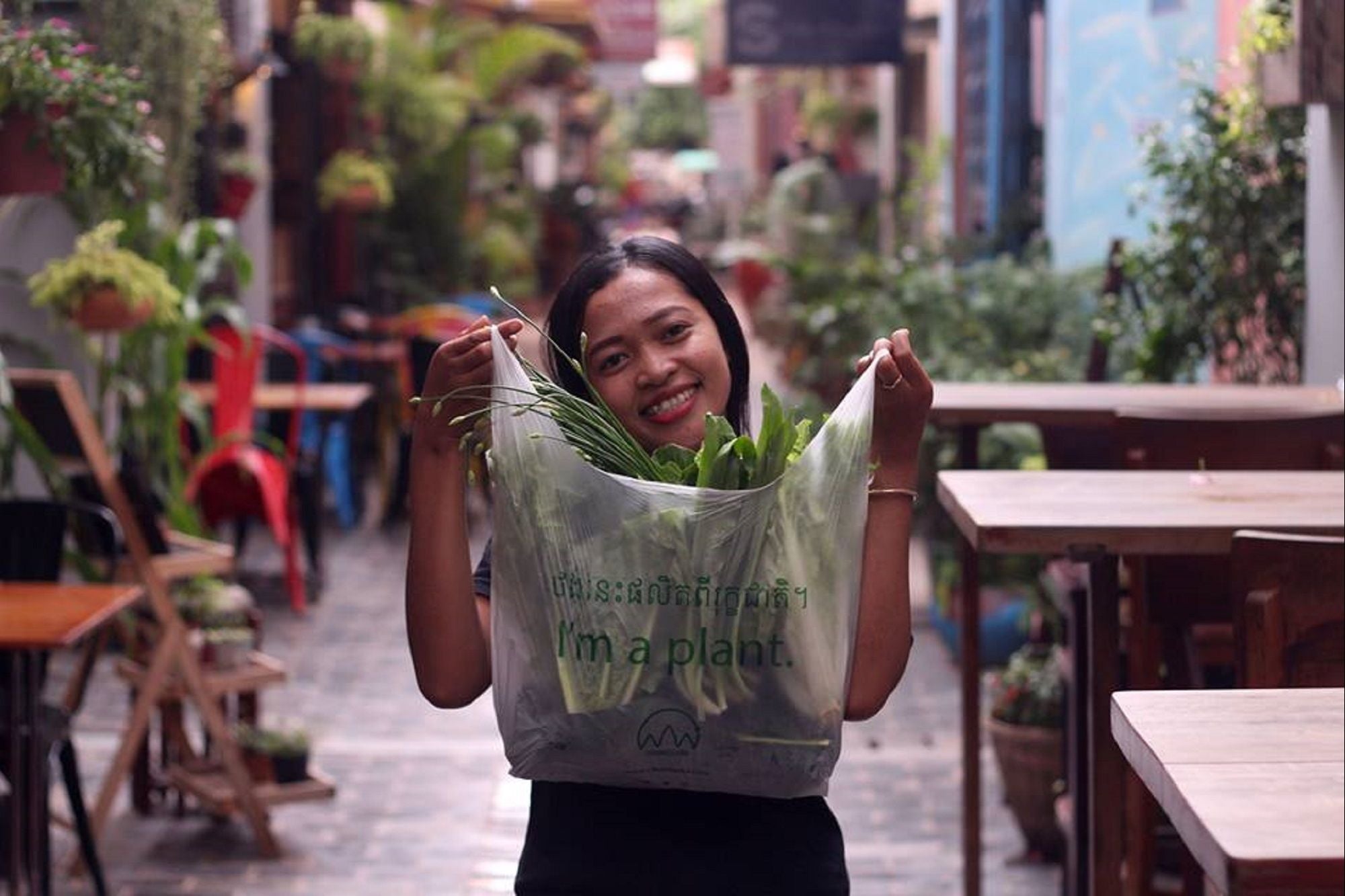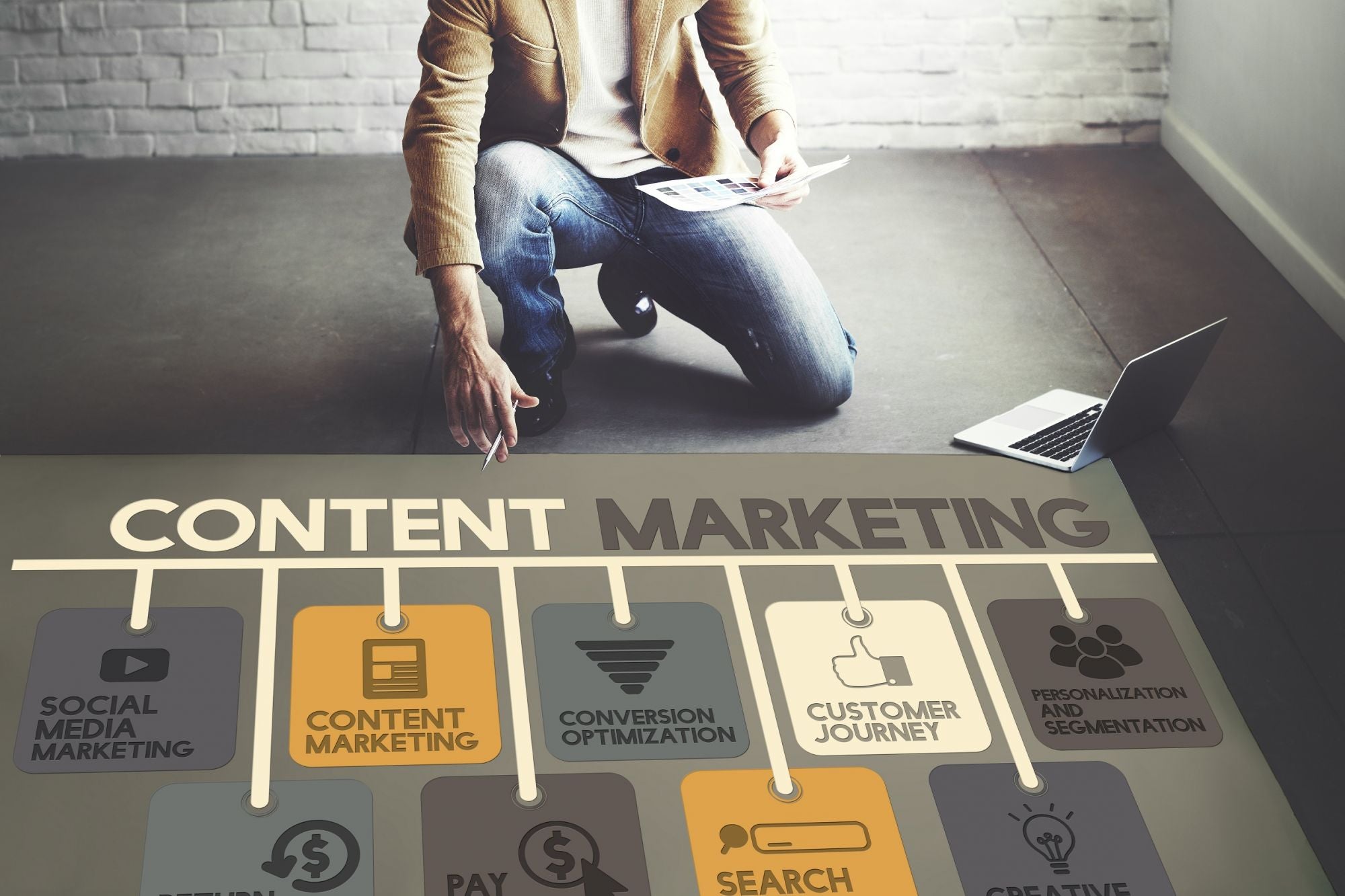5 Asian Startups That Are Trying to Solve The Plastic Problem "There's one issue that will define the contours of this century more dramatically than any other, and that is the urgent and growing threat of a changing climate," - Former U.S. President Barack Obama
Opinions expressed by Entrepreneur contributors are their own.
You're reading Entrepreneur Asia Pacific, an international franchise of Entrepreneur Media.

"This is all wrong. I shouldn't be standing here. I should be back in school on the other side of the ocean. Yet you all come to me for hope? How dare you! You have stolen my dreams and my childhood with your empty words. And yet I'm one of the lucky ones. People are suffering. People are dying. Entire ecosystems are collapsing. We are in the beginning of a mass extinction. And all you can talk about is money and fairytales of eternal economic growth. How dare you!," 16-year old climate activist Greta Thunberg began her powerful, moving speech, addressing the UN Climate Action summit on Monday.
Thunberg's speech came days after mass awareness and protest rallies all over the world, which urged leaders to do more to counter climate change. Visibly angry, Thunberg told some of the most powerful people in the world gathered in New York "We are watching you."
Climate change has become a very real threat to human existence, and environmentalists have warned that time to make any meaningful changes is rapidly running out.
The biggest source has climate change are greenhouse gas emissions, rampant deforestation, and farming livestock, scientists have concluded. Plastic waste is steadily climbing the list too, and Southeast Asia, which is the world's biggest source of plastic pollution, is to be blamed.
More than half of the plastic waste in the ocean, globally, comes from Asian countries, namely China, Indonesia, the Philippines, Vietnam and Thailand, a 2017 report by the Ocean Conservancy and the McKinsey Center for Business and Environment found. By 2050, if the rate at which plastic is being dumped today is not contained, there will be more plastic than fish in the ocean, a World Economic Forum report estimates.
The report further says that to combat the plastic pollution problem, "we need to work on changing the central role that plastic plays in daily life."
And while becoming the next Apple, or Microsoft, is every entrepreneur's dream, some are thankfully coming up with innovative ways to combat the plastic crisis, which, even if it's small, is a step in the right direction.
Following are 5 Asian startups that have developed alternatives to plastic:
RWDC Industries, Singapore
A biotech company, RWDC says it aims to combat petroleum-based, single-use plastic products with sustainable materials. It uses the outputs of a microbial fermentation to produce a naturally occurring polymer, which fully biodegrades in soil, water, and marine conditions within weeks.
The company has raised $35 million in funding so far, with its latest, series A, in April this year, according to data aggregator website Crunchbase.
Evoware, Indonesia
The company, whose tagline is "please litter me", makes food products packaging material, such as single-use coffee, shampoo, and medical supply sachets using seaweed and algae. The packaging nourishes the soil and water when it decomposes and breaks down.
Founded in 2016, Evoware also provides Indonesian seaweed farmers a sustainable living.
Bioplas, Australia
Founded in 2014, the startup makes dustbin bags for food waste collection, which can then be composted, and agricultural mulch film for sustainable farming. The company also sells its raw material that can be used to make just about anything that plastic is used for.
It uses products that are made from plant components derived from plantations that do not exploit unfarmed, or deforested lands. The vegetable oils used to create the polymers are also sourced from non-genetically modified crops.
BlueRen, Singapore
BlueRen converts discarded, waste plastic into carbon nanotubes, a material 100 times stronger than steel. Carbon nanotubes are widely used in electronics, nanotechnology, optic fibres, and to store energy.
The company estimates that it can cut the use of cement by at least 30 percent by using carbon nanotubes.
The plastic to nanotube conversion method, which BlueRen is trying to patent, has virtually no carbon footprint, and does not release toxic gases, the company claims.
Cleanbodia, Cambodia
"Most bags are used for less than 20 minutes, to carry items from the store to home. But the life of a traditional plastic bag is much longer," says Cleanbodia.
The company, founded in 2015, uses cassava, a root vegetable grown extensively throughout Southeast Asia, to make biodegradable bags, which can decompost within five years in water, soil, and buried garbage.
Its cost of production is also lower compared to most alternatives currently found in the market, and its cost-effective price tag has helped the company find its way into some of the country's biggest stores, restaurants and hotels.












